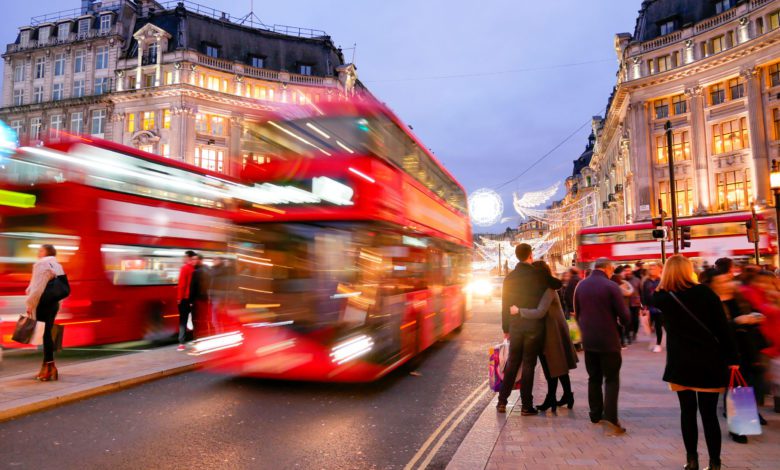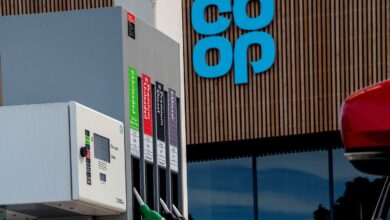Inflation remains at 6.7% despite fall in food prices
The negative contributions from food and non-alcoholic beverages and furniture and household goods were offset partially by an upward effect from transport, where prices fell by 0.2% between August and September 2023

Register to get 1 free article
Reveal the article below by registering for our email newsletter.
Want unlimited access? View Plans
Already have an account? Sign in
Inflation remained unchanged at 6.7% in September as a fall in food prices was offset by an increase in the price of fuel.
According to the latest figures from the Office for National Statistics (ONS), food and non-alcoholic beverage prices fell by 0.1% between August and September 2023, compared with a rise of 1.1% between the same two months a year ago.
This resulted in an easing in the annual rate to 12.2% in September 2023, down from 13.6% in August and a recent high of 19.2% in March 2023, which was the highest annual rate seen for over 45 years.
The easing in the annual rate for food and non-alcoholic beverages between August and September 2023 was driven by relatively small price movements in 8 of the 11 detailed classes. The largest downward contributions came from the milk, cheese and eggs, and mineral waters, soft drinks and juices categories.
However, the negative contributions from food and non-alcoholic beverages and furniture and household goods were offset partially by an upward effect from transport, where prices fell by 0.2% between August and September 2023.
The overall upward effect from transport was almost entirely by an increase in the price of motor fuels. The average price of petrol rose by 5.1 pence per litre between August and September 2023 to stand at 153.6 pence per litre in September 2023.
Meanwhile, the annual inflation rate for restaurants and hotels also increased to 8.6% in September 2023, up from 8.3% in August. On a monthly basis, prices rose by 0.9% between August and September 2023, compared with a rise of 0.6% between the same two months a year ago.
ONS chief economist Grant Fitzner said: “After last month’s fall, annual inflation was unchanged in September. Food and non-alcoholic drinks prices eased again across a range of items with the cost of household appliances and airfares also falling this month.
“These were offset by rising prices for motor fuels and the cost of hotel stays. The annual rate of core inflation has slowed again this month, driven by a slowdown in the cost of many goods though services prices did rise a little this month.”
Alpesh Paleja, CBI Lead Economist, added: “Inflation has once again surprised on the upside by staying put in September. While we expect it to resume falling in the months ahead, the near-term outlook for prices is now more mixed. The recent rise in global oil prices may mean that the path back down is bumpier, and domestic price pressures are probably stronger than the Bank of England would like.
“Nonetheless, with surveys of wage growth softening more noticeably than official data, there are some reassuring signs that underlying inflationary pressures may be waning. Despite staying unchanged, inflation has once again come in lower than the Bank’s forecast. But the Monetary Policy Committee will be vigilant against the CPI rate moving sideways rather than firmly downwards, so it’s unclear if today’s data calls time on further rate rises.”
He concluded: “Either way, it’s still very likely that interest rates are close to their peak, with the stance of monetary policy now judged to be restrictive. The Bank has signalled that rates are unlikely to be cut anytime soon, however, so households and businesses should plan for tighter financial conditions persisting.”







